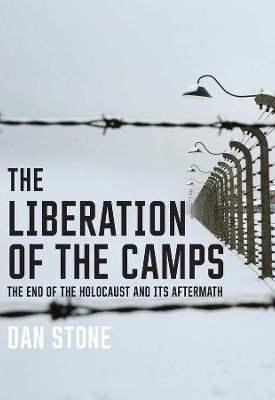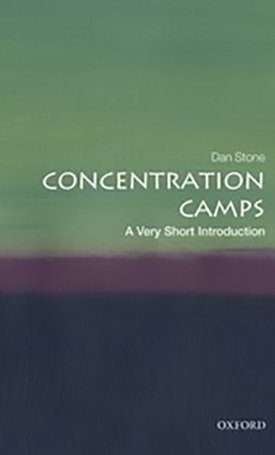Concentration Camps - A Short History
Concentration Camps - A Short History
Offers a global history of concentration camps, showing the differences and similarities between the various camp systems which have been used in the twentieth century
Shows how camps have emerged in different places in different times, and argues that whilst creators of camp systems did learn from one another to some extent, camps are a largely "organic" development of modern states.
Sets the camps of the Third Reich into a global context, exploring the tradition they evolved from and also explaining what sets Nazi Germany apart from other regimes.
Explores how camps have been central to modern states` responses to crisis
Concentration camps are a relatively new invention, a recurring feature of twentieth century warfare, and one that is important to the modern global consciousness and identity. Although the most famous concentration camps are those under the Nazis, the use of concentration camps originated several decades before the Third Reich, in the Philippines and in the Boer War, and they have been used again in numerous locations, not least during the genocide in Bosnia. They have become defining symbols of humankind`s lowest point and basest acts.
In this book, Dan Stone gives a global history of concentration camps, and shows that it is not only "mad dictators " who have set up camps, but instead all varieties of states, including liberal democracies, that have made use of them. Setting concentration camps against the longer history of incarceration, he explains how the ability of the modern state to control populations led to the creation of this extreme institution. Looking at their emergence and spread around the world, Stone argues that concentration camps serve the purpose, from the point of view of the state in crisis, of removing a section of the population that is perceived to be threatening, traitorous, or diseased. Drawing on contemporary accounts of camps, as well as the philosophical literature surrounding them, Stone considers the story camps tell us about the nature of the modern world as well as about specific regimes.
Table of Contents
Preface
1: What is a Concentration Camp?
2: Origins
3: The Third Reich`s World of Camps
4: The Gulag
5: The Wide World of Camps
6: "An Auschwitz Every Three Months ": Society as Camp?
References
Further Reading
Index
Dan Stone is Professor of Modern History at Royal Holloway, University of London, where he is also Director of the Holocaust Research Centre. He is the author or editor of sixteen books, including Histories of the Holocaust (OUP, 2010) and The Liberation of the Camps: The End of the Holocaust and its Aftermath (Yale, 2015), and some seventy scholarly articles. He is currently the recipient of a Leverhulme Trust Major Research Fellowship, working on a project on the International Tracing Service.
















